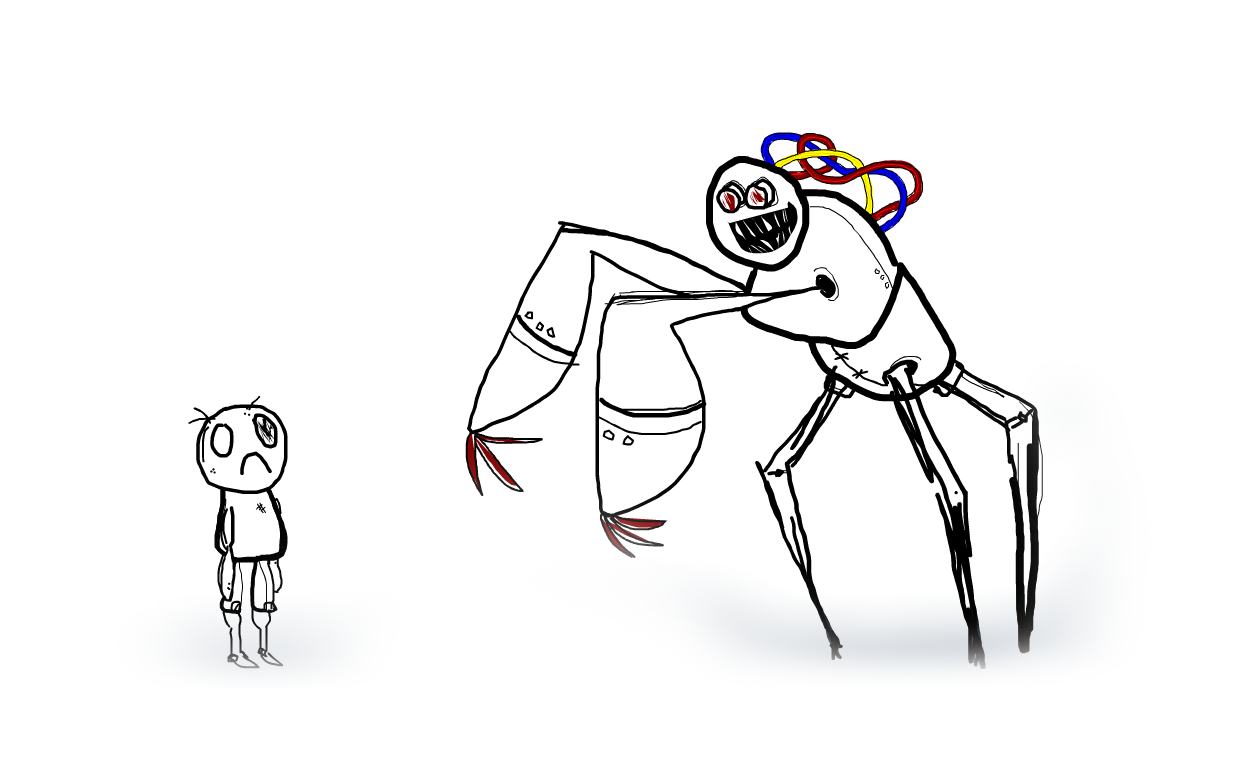Last week a few of us attended an intimate talk at The Florence Guild by Toby Walsh, professor of artificial intelligence at UNSW on what AI can (and can’t) do… even to us, who dabble in AI every day, it was a fascinating talk.
As consumers, we hear many myths relating to AI, and we have many fears and concerns which, according to Prof. Walsh, are unfounded. For instance, we seem to think we will soon be overtaken by an all-thinking AI bot which will be able to reprogram itself and take over the world to save the planet from humans… actually, I think I’ve seen that movie… whereas, Prof. Walsh believes AI will never achieve this, or what is known as singularity.
But while consumers tend to think we’re around 25 years away from an actual AI, in reality, Prof. Walsh says that he and his colleagues believe we are at least 45 years away.
What we have currently, are individual tasks that humans are able to perform, or decisions we can make without too much thought, being performed by AI. For example, cars can self drive on freeways, where the terrain and traffic is consistent, predictable and easily monitored. As opposed to city driving, where drivers are faced with unpredictable cyclists, pedestrians, traffic weavers, roundabouts, etc, where self driving cars won’t be allowed to function in the near future.
The next interface will be voice-driven. As we see the emergence of hardware that is increasingly without a mouse and/or keyboard, and the dramatic improvements of systems such as Alexa and Siri, we’ll soon be talking to our rooms and cars to perform commands that we currently do with our fingers.
Conversely, there are some areas we should be concerned about, but aren’t:
- Regulation. Governments should be actively regulating the development and release of AI technology, as well as tax structures that provide guidance and parameters for tech companies to work within
- Education models need to change significantly to “follow us through each of our life stages” as the need to re-train and re-skill will be ever-present. Largely due to AI and advances in robotics constantly redefining the role of humans in the workplace
- Governments need to seriously consider universal payment systems to support increasing job displacement & retraining
- Weaponisation of AI robots
Ever the optimist, Prof. Walsh strongly believes that the development of AI will take over the more menial, repetitive and dangerous tasks in our lives, further increasing our quality of life. And that ultimately, we must pursue AI as far as we can if we have any chance to meaningfully reverse any of the damage we have done and allow the human race to survive.
Super interesting book. You’re welcome to pop in to have a look through our copy, or you can buy one yourself:

 Back to blog
Back to blog
